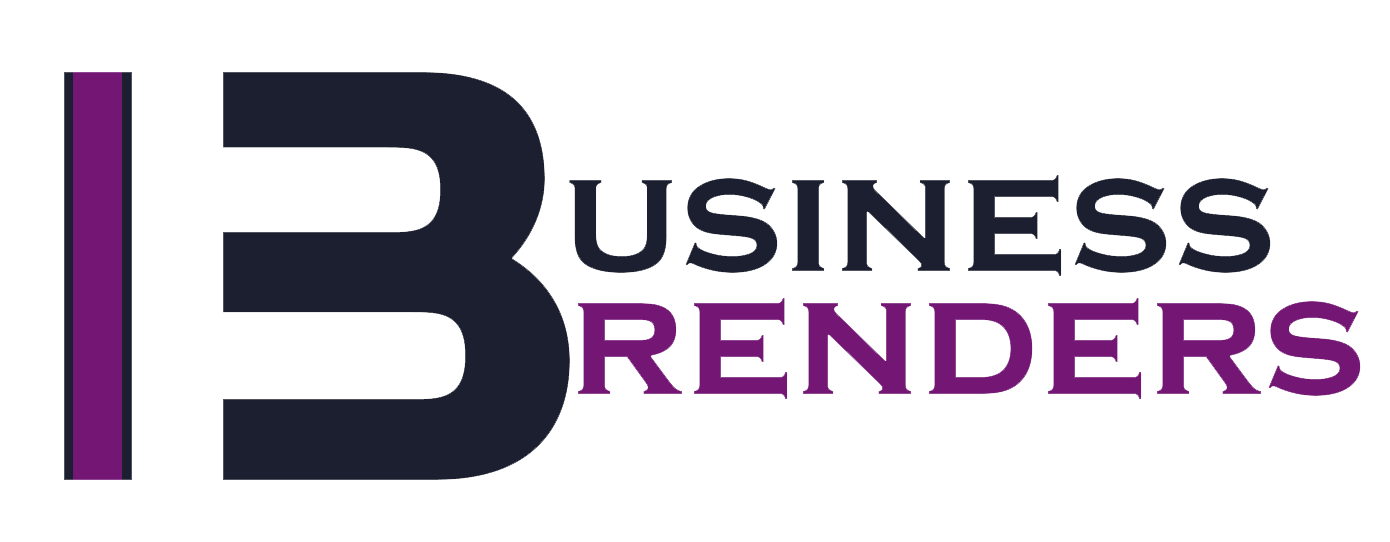Salesforce being a versatile software and platform is excellent for multiple industries. But which industries can benefit from it the most? Here, we will talk about different Salesforce use cases. These include:
- Retail
- Healthcare
- Sales & Marketing
- Manufacturing
- Education
- Non-Profit Organizations
In this article, we will explain in detail how each sector benefits from this CRM platform. Moreover, we will tell you which brands also use Salesforce for their convenience. So, let’s start!
Salesforce: Overview
Salesforce is a cloud-based software company primarily known for its customer relationship management (CRM) platform. It offers a wide range of cloud-based applications and enterprise solutions. These solutions help businesses manage and improve customer relationships, sales, marketing, analytics, and more. Hence, they get a proper platform to streamline their projects and improve customer relations.
Additionally, Salesforce is renowned for its flexibility, scalability, and customizable nature, allowing organizations to tailor their CRM and business processes to meet specific needs. Its platform-as-a-service (PaaS) model enables developers to build and deploy custom applications with Salesforce infrastructure.
In this way, it fosters innovation and integration within businesses. Moreover, Salesforce has expanded its offerings to include various industry-specific solutions, such as healthcare, finance, retail, and education, catering to diverse organizational needs across different sectors.
If you like to learn more about its advantages, you can check out our guide on Salesforce benefits. However, you can also read Salesforce drawbacks to know its limitations too.
6 Salesforce Use Cases
Salesforce, being a versatile CRM tool for connecting customers with companies, has found several uses in different industries. Some of the Salesforce use cases in multiple industries are mentioned below:
1. Retail & E-Commerce
Salesforce provides tools to unify customer data from various touchpoints (online, mobile, in-store), creating a single customer view. This allows retailers to deliver consistent and personalized experiences across multiple channels. Also, it enhances customer satisfaction and loyalty. The retail industry is among the top Salesforce use cases.
Its CRM capabilities enable retailers to track customer interactions, manage leads, and automate marketing campaigns. It helps in targeted marketing efforts, increasing conversions, and improving the overall sales process.
Additionally, by utilizing Salesforce’s AI-driven analytics, retailers can analyze customer behavior and preferences. Hence, the data helps create product recommendations, offers, and marketing content, increasing the chances of sales and improving customer satisfaction.
Moreover, its Service Cloud enables retailers to offer efficient customer support across multiple channels. Features like case management, self-service portals, and AI-powered chatbots enhance customer service, resolving queries faster and improving customer retention.
Lastly, its analytics tools enable retailers to forecast trends, identify buying patterns, and anticipate customer needs. This helps in making data-driven decisions, optimizing pricing strategies, and planning marketing campaigns effectively.
2. Healthcare Industry
Salesforce Health Cloud allows healthcare providers to create a comprehensive view of patient data, including medical history, treatments, and preferences. Also, it helps in delivering personalized care, improving patient engagement, and fostering better relationships. Moreover, it facilitates communication and collaboration among healthcare teams, enabling them to share information securely.
Salesforce’s scheduling tools streamline appointment booking, reduce wait times, and optimize resource allocation. However, integrating this with patient data can provide more efficient and timely care. Additionally, it supports telehealth integrations, enabling healthcare providers to offer remote consultations, monitor patients remotely, and manage virtual care efficiently.
Likewise, Salesforce offers robust security measures and compliance capabilities (such as HIPAA compliance) to protect sensitive patient data. It ensures that healthcare organizations meet regulatory requirements. On the other hand, its analytics tools allow healthcare providers to analyze patient data and gain insights. This helps make informed decisions, predict health outcomes, and implement preventive care strategies.
3. Sales & Marketing
Salesforce’s core strength lies in its Customer Relationship Management (CRM) platform, which enables businesses to manage customer data, interactions, and sales processes efficiently. It streamlines lead management, tracks customer interactions, and improves overall sales pipeline visibility.
Moreover, its Marketing Cloud allows for the automation of marketing campaigns across various channels. Businesses can create targeted, personalized marketing campaigns, analyze customer behavior, and track campaign performance, optimizing marketing strategies.
On the other hand, Salesforce use cases in marketing help in lead tracking, nurturing, and conversion through automated workflows, personalized communications, and predictive lead scoring. Additionally, it streamlines the sales process, leading to higher conversion rates and better-qualified leads. Plus, it offers robust analytics tools that provide insights into sales performance, pipeline health, and forecasting.
Salesforce’s Chatter feature facilitates internal communication and collaboration among sales teams. It allows for real-time updates, document sharing, and collaboration on deals, enhancing teamwork and efficiency.
What’s most profitable is that it integrates with various third-party applications, providing a unified ecosystem for sales and marketing. This includes integration with email platforms, social media, analytics tools, and more, streamlining processes and data flow.
4. Manufacturing Sector
Salesforce use cases in manufacturing help manage complex sales cycles in manufacturing, from lead generation to deal closure. It provides visibility into the sales pipeline, enabling better forecasting and resource allocation. Additionally, its Field Service Lightning allows manufacturers to optimize field service operations.
In this way, it schedules and dispatches field technicians efficiently and manages work orders. Plus, it facilitates real-time collaboration, which further improves service delivery and customer satisfaction. Also, this CRM can integrate with supply chain management systems, offering visibility into inventory levels, production schedules, and supplier relationships. This ensures better demand forecasting and inventory optimization.
With Salesforce IoT Cloud, manufacturers can integrate IoT data from machinery and equipment. This facilitates predictive maintenance, identifies potential issues before they occur, and minimizes downtime, improving overall equipment efficiency.
Moreover, technicians can customize it to track and manage quality control processes, which ensures products meet industry standards and regulatory compliance. It centralizes quality data, streamlines audits, and enhances traceability.
5. Education Industry
Salesforce enables educational institutions to manage the entire student lifecycle from admissions to alumni relations. It centralizes student data, streamlines admissions processes, and ensures personalized student experiences. Moreover, the CRM assists in managing admissions and enrollment processes efficiently. It tracks applicant data, automates communication, and provides insights to optimize recruitment strategies.
Salesforce use cases in education help in monitoring student progress, identifying at-risk students, and providing timely interventions. Furthermore, it facilitates communication between students, faculty, and advisors, enhancing engagement and support.
On the other hand, its donor and alumni management tools enable educational institutions to foster relationships with alumni, run fundraising campaigns, and manage donor contributions effectively.
Its integration with LMS platforms allows educational institutions to combine student data with learning analytics. This supports personalized learning experiences and data-driven instructional improvements. Additionally, it facilitates communication and collaboration within campus communities, including students, faculty, staff, and parents. Plus, it creates a platform for information sharing, support, and engagement.
6. Non-Profit Services
Salesforce helps in managing donor relationships, tracking donations, and analyzing giving patterns. This facilitates personalized communication, targeted fundraising campaigns, and donor engagement strategies. Furthermore, its fundraising tools streamline donation processes, grant management, and fundraising campaigns. It tracks contributions, manages grant cycles, and automates reporting, ensuring compliance and transparency.
Salesforce use cases also involve Volunteer Management, which allows organizations to recruit, track, and manage volunteers efficiently. It matches skills and interests with volunteer opportunities, schedules shifts, and acknowledges volunteer contributions. Additionally, it centralizes data on services delivered, beneficiaries served, and impact achieved, facilitating better reporting and decision-making.
Non-profits can utilize Salesforce Service Cloud for case management, whether it’s handling client services, support requests, or managing social services. It organizes cases, tracks interactions, and ensures timely resolutions. Plus, its flexibility allows non-profits to customize solutions based on their specific needs, whether it’s managing memberships, events, campaigns, or program-specific data.
Top Companies Using Salesforce
Many top companies across various industries use Salesforce for its versatile CRM (Customer Relationship Management) capabilities. Some of these live examples of Salesforce use cases include:
- Amazon: It uses Salesforce’s CRM capabilities to manage customer interactions and personalize user experiences. It helps streamline sales processes, track leads, and optimize sales pipelines for Amazon’s various products and services. Salesforce Service Cloud aids Amazon in managing customer inquiries, complaints, and support tickets efficiently across multiple channels.
- American Express: Salesforce assists American Express in managing customer relationships, tracking interactions, and tailoring services based on customer data. American Express utilizes the platform to improve sales strategies and marketing campaigns, driving customer engagement and loyalty.
- Coca-Cola: Coca-Cola uses it to manage its global sales processes, monitor sales pipelines, and analyze sales data for better decision-making. Salesforce helps the company in enhancing customer engagement strategies through personalized interactions and targeted marketing campaigns.
- Toyota: It aids Toyota in managing customer data, improving sales processes, and providing better customer service. Toyota uses Salesforce to streamline its sales pipelines and analyze sales performance across different markets.
Conclusion
Salesforce is one of the most used CRM platforms which several industries can benefit from. Whether it is retail, education, sales, manufacturing, or healthcare, Salesforce assists multiple industries to streamline their business. If you also have a business from these industries, you should try Salesforce and make your company progress like never before, leaving all your competitors behind.

